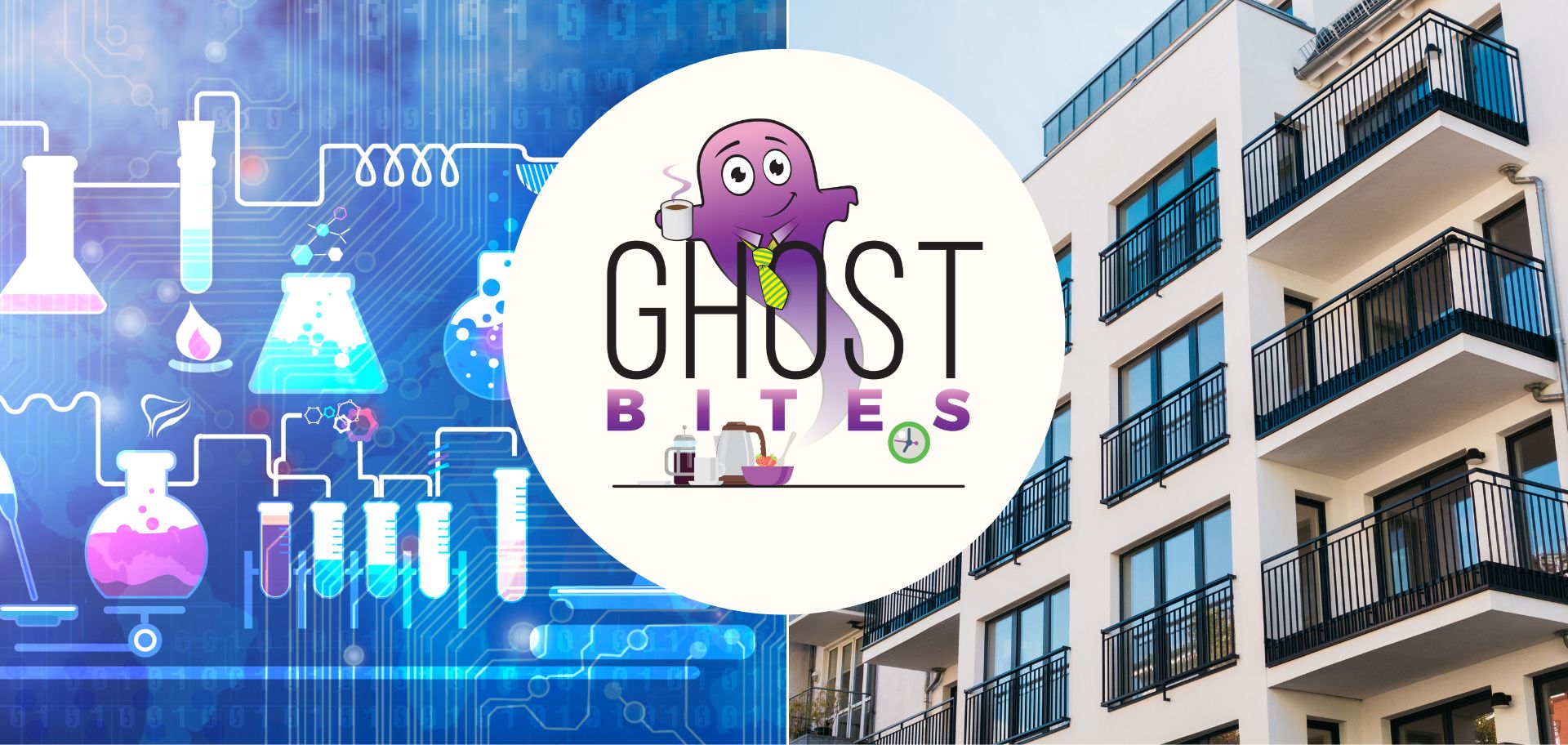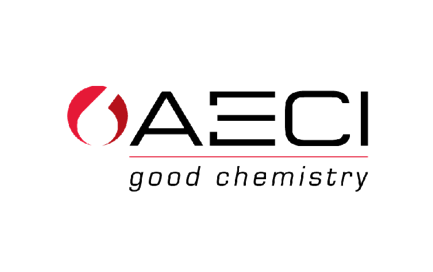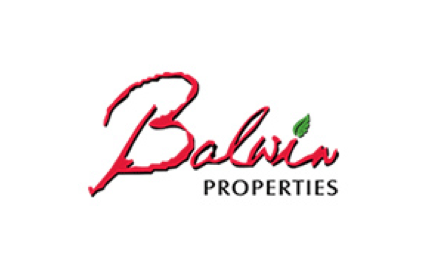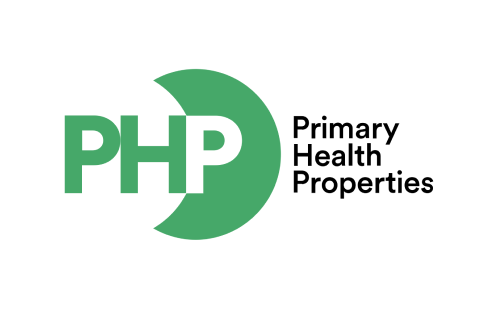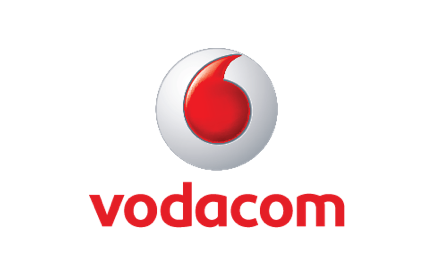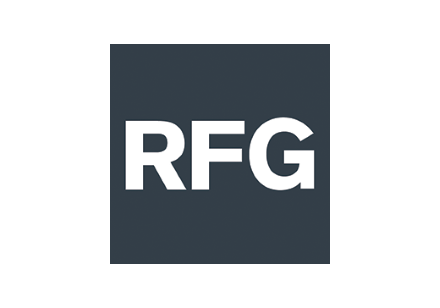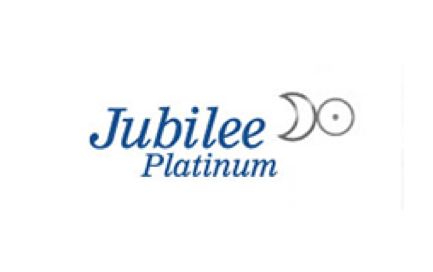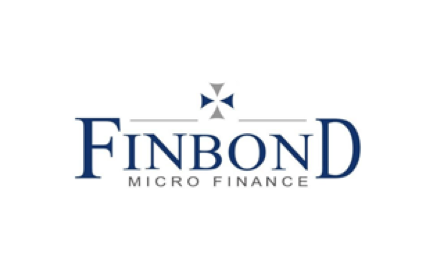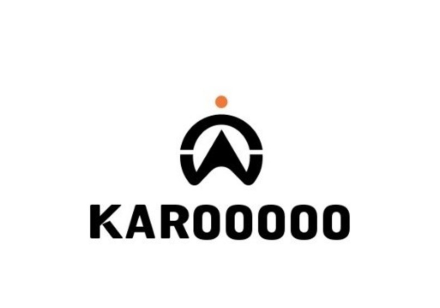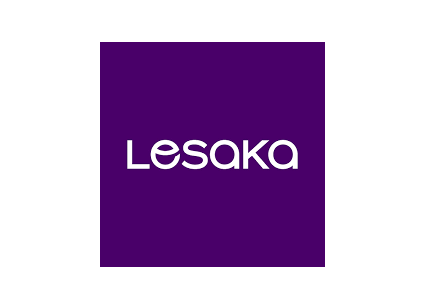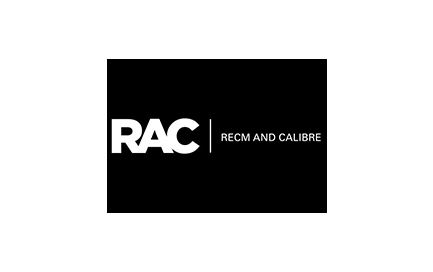Get the latest recap of JSE news in the Ghost Wrap podcast, brought to you by Mazars:
The market didn’t enjoy the AECI update (JSE: AFE)
The share price fell 10.3% on the day
AECI released a trading statement for the six months ended June 2024. When a company talks about being in a “year of transition” then you know that choppy numbers are the order of the day, with up-front investment in the hope of long-term gains. Hopefully, the worst is behind them in this period, as HEPS for the six months will be down by between 54% and 60%.
Although the first half of 2023 was a record performance, this is still a substantial drop. The company tried to explain this by noting once-off events contributing to high operating costs in this period. Without those once-offs, EBIT would have been stable vs. the prior year with margins holding.
Examples of these once-offs include statutory shutdowns at AECI Mining and the related alternate sourcing of ammonium nitrate solution at higher market prices, as well as operating model restructure costs in AECI Property Services and Corporate. They do also reference AECI Schirm Germany as a once-off, which is a stretch. That business has been a problem for a while.
More than once in the announcement, they note that the second half of the year should be stronger than the first half. The market didn’t care, with a 10.3% knock to the share price on the day.
The company also announced the sale of the Animal Health business as a going concern to Nutreco International. The price hasn’t been disclosed. They expect the deal to close in four to six months.
If you can’t sell ’em, rent ’em? (JSE: BWN)
I am not sure that this is the right move for Balwin
With a share price that has lost roughly half its value in the past 3 years, Balwin isn’t exactly a market darling. The stock was also completely ignored in the GNU upswing that was so good for most of the South African market, giving you another strong clue that most investors aren’t interested. To get positive attention again, Balwin will need to make excellent capital allocation decisions.
I’m not sure that scaling a rental portfolio is going to achieve that. This is a capital-heavy model with all the same pain and agony that buy-to-let brings to people, except for a much larger portfolio of up to 7,300 apartments over the next 8 to 10 years.
It’s no secret that sales have been tough at Balwin, so it’s hard not to think that this is a strategy to find an alternate way to develop the land portfolio. The first six developments would represent around 20% of the current unused land portfolio
The problem is that Balwin will spend all the development money up front and will then earn a rental yield rather than a gross margin on properties, so this is very capital intensive. They talk about doing it in a ring-fenced subsidiary and raising long-term finance from commercial lending and development finance institutions. I’ll believe it when I see it in terms of the cost of debt making this attractive vs. the typical rental yield on residential. With a plan to focus on lifestyle developments that include solar, fibre and facial recognition, these won’t be cheap developments. The targeted rental range is R6,000 to R13,000 per month.
I’ve been nothing but bearish on the Balwin model and I haven’t been wrong on it yet. This strategic initiative doesn’t change my mind.
Primary Health Properties saw some dividend growth (JSE: PHP)
The portfolio valuation came under pressure though
Primary Health Properties reported results for the six months to June. Net rental income grew by 0.9% and the dividend per share moved 3.0% higher. That’s where you’ll find the good news. As for the bad news, net tangible assets per share fell by 2.82% as property valuations headed in the wrong direction.
Also keep an eye on the loan-to-value ratio, which ticked higher from 47% to 48%. Although 89% of the rent roll is funded by government bodies in the UK, that’s still a level of debt worth watching carefully.
The tangible net asset value works out to roughly R24.60 per share and the current price is R21.74.
Vodacom really wants you to focus on normalised growth (JSE: VOD)
This is because service revenue growth without those adjustments is zero at group level
Vodacom has released a trading update for the quarter ended June 2024. It’s all about the adjustments, especially for currency movements. Sadly, as MTN has taught us, you can’t just sweep African currency movements under the table and hope that nobody will notice.
Group service revenue came in almost perfectly flat year-on-year as reported, yet grew 10% on a normalised basis. That’s because Egypt fell 7.2% as reported and grew 43.7% in local currency. Do you see the problem with using the normalised numbers?
Group revenue (i.e. not just service revenue) grew 1.5% as reported and 10% on a normalised basis. Growing revenue outside of traditional call and data revenue has been a major focus area, including initiatives like financial services.
Vodacom South Africa grew total revenue by 1.9%, which shows you how mature that business is after 30 years of operations in South Africa. Data traffic grew by 31.3% and mobile services only increased by 6.3%.
The proposed acquisition of joint control in fibre operator Maziv is currently with the Competition Tribunal, with the Competition Commission wanting to block that deal.
When it comes to telecoms, I always remember what I paid 10 years ago for my cellphone contract and what I pay now. Their operating costs have gone up every year over that period, yet I pay less today than I paid then – and that’s without adjusting for inflation. That’s not an attractive story.
Little Bites:
- Director dealings:
- Although the quantum isn’t reflective of usual director dealings because this is an institutional investor that has director representation on the board, it’s still worth noting that Capitalworks has bought another R52.5 million worth of shares in RFG Holdings (JSE: RFG).
- The CEO of Jubilee Metals (JSE: JBL) bought shares in the company worth nearly R950k.
- Sean Riskowitz bought shares in Finbond (JSE: FGL) worth R2.4k.
- I covered the most important parts of the Karooooo (JSE: KRO) update earlier in the week, but in case you want to get all the details, the company has released its quarterly report here. Don’t be too quick to link this release to the 11% drop in the share price on the day, as Karooooo is sadly an illiquid stock and suffers from a very large bid-offer spread that leads to single day moves like these. If you’re planning a position here, take that into account.
- Lesaka Technologies (JSE: LSK) has issued the notice for a special meeting for the issuance of shares to execute the Adumo acquisition. They need to issue 17,279,803 shares to pay R1.59 billion of the purchase price, along with a cash payment of R232 million. If you would like to see what the Nasdaq documentation looks like, along with all the detailed disclosures (much of which gives you a great overview of the company), check it out here.
- RECM and Calibre (JSE: RACP) is changing its name to Goldrush Holdings Limited, as the 59.4% stake in Goldrush is the bulk of the group. The new share code is JSE: GRSP. Trading under the new name will commence on 14 August.

